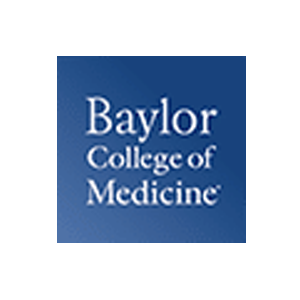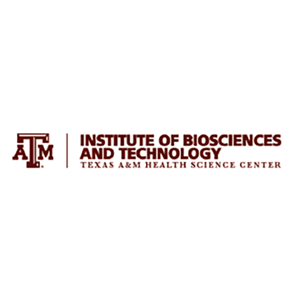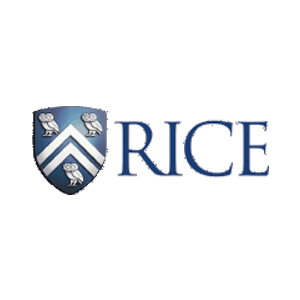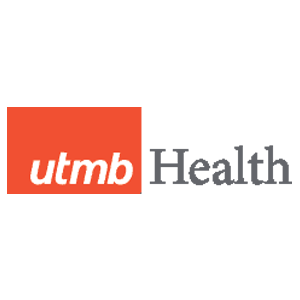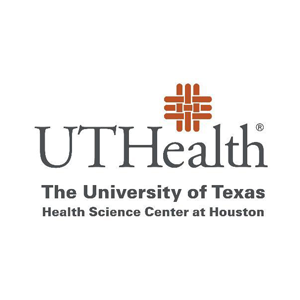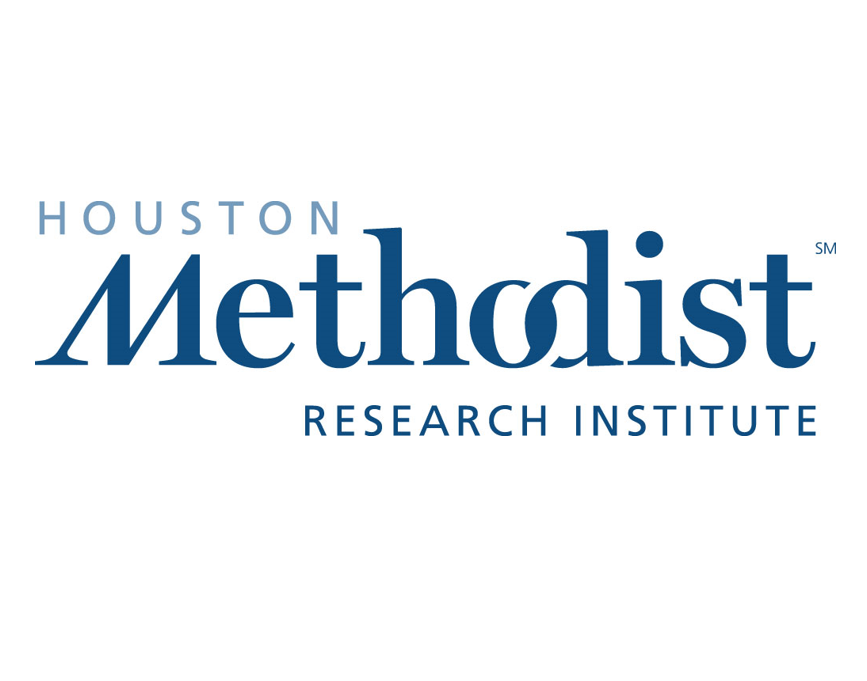Research Mentor Training
The laboratory environment and the quality of mentoring a predoctoral student experiences are important factors and have direct effects on the student’s success in graduate school, in completing a PhD degree in a timely manner, and in transitioning to a career as a research scientist. With the new 2025 NIH guidelines for institutional training grant applications, there is an increased emphasis on defining expectations on mentoring and articulating those in grant applications. For more information, click here.

Since 2010, the GCC has been a leader in offering Research Mentor Training workshops, not only for faculty but also for postdoctoral fellows and graduate students, in order to broaden the exposure to good mentoring skills in the lab community. This evidence-based and well-received workshop is designed for participants to develop skills and insight in mentoring graduate students and fellows and to provide the opportunity for interactions and discussion between mentors at different institutions and in different disciplines. All faculty, postdoctoral fellows, and graduate students from GCC member institutions may attend at no charge and receive a certificate of completion. In most cases, this evidence-based workshop satisfies departmental or T32 recommendations or requirements.
GCC mentoring workshops are distinct in that both participants and facilitators are from a variety of GCC member institutions. The interinstitutional collaboration of these trainings provides a unique opportunity to build strong mentoring networks for students, fellows, and faculty.
All mentoring workshops and refreshers are facilitated by CIMER-trained facilitators.
 Questions or for more information on Mentor Training, contact Vicki Alger, Certified Facilitator for CIMER, GCC Training Administrator and Evaluator.
Questions or for more information on Mentor Training, contact Vicki Alger, Certified Facilitator for CIMER, GCC Training Administrator and Evaluator.
GCC Research Mentoring Workshops are 3-4 times a year. This important workshop helps participants to develop skills and insight in mentoring. It is specifically designed for those who mentor young scientists in biomedical sciences.

Topics include
1) maintaining effective communication,
2) addressing equity and inclusion,
3) aligning expectations,
4) promoting mentee self-efficacy,
5) fostering independence and promoting professional development.
Foundational Research Mentor Training – for Faculty
-
September 17 & 24, 2024 – online
-
December 6, 2024 – in-person
-
February 13, 2025 – in-person
-
June 6, 2025 – in-person
Questions or for more information on Mentor Training, contact Vicki Alger, Certified Facilitator for CIMER, GCC Training Administrator and Evaluator.
Mentoring Refreshers. These 90-minute online sessions are held monthly during the lunch hour and highlight topics included in the Foundational Research Mentor Training workshops. NOTE: It is strongly recommended that attendees complete a Foundational Mentor Training workshop or equivalent before participating in the Mentoring Refreshers.
Upcoming Refreshers for 2025:
-
February 6 – Addressing Equity and Inclusion. Facilitated by Louma Ghandour, PhD (Rice)
-
March 4 – Assessing Understanding. Facilitated by Jane Grande-Allen, PhD (Rice)
-
April 8 – Expectation Sync: Mastering the Art of Aligning Expectations. Facilitated by Cintia de Paiva, MD, PhD (BCM)
-
May 6 – Unlocking Potential: Promoting Professional Growth in Every Step. Facilitated by Jane Grande-Allen, PhD (Rice)
-
July/Aug TBD – Helping Mentees Balance Demands and Develop Resilience
-
September TBD – Mentorship for Growth: Fostering Independence
-
October TBD – Mentoring with Impact: Developing Effective Scientists
-
November TBD – Blueprint for Success: Articulating your Mentoring Philosophy and Plan
Questions or for more information on Mentor Training, contact Vicki Alger, Certified Facilitator for CIMER, GCC Training Administrator and Evaluator.
Mentor Training for PhD Students and Postdocs. These all day, in-person sessions help mentees learn to proactively manage their mentoring relationship. Each workshop is specifically geared for the unique challenges faced by PhD students and Postdocs in biomedical research. Mentoring Up for PhD Students is held annually in May. Mentor Training for Postdocs is held twice a year in August and December.
Upcoming Refreshers for 2025:
-
May 16 – Mentoring Up for PhD Students
-
August TBD – Mentor Training for Postdocs
-
December TBD – Mentor Training for Postdocs
Questions or for more information on Mentor Training, contact Vicki Alger, Certified Facilitator for CIMER, GCC Training Administrator and Evaluator.
All workshops are publicized on the GCC News email, sent weekly during the academic year. To receive these emails, contact Elizabeth Lawrence.
Resources:
Center for the Improvement of Mentored Experiences in Research (CIMER): https://cimerproject.org/
NRMN Resources: https://nrmnet.net/nrmn-resources/
What previous participants had to say about GCC Research Mentor Training workshops:
“Facilitating effective communication and actively thinking about lab culture is important and this was brought out well in the workshop.”
– Faculty, December 2019
What did you like best about the workshop?: “The part of the training where you learn about how to identify your own strengths and weaknesses, and how to use them to make the most of the mentoring experience. I also liked the team works, as well as the interaction with Faculty.”
– Postdoc, May 2019
Faculty Survey, December 2019: 91% reported it was a valuable use of their time; 91% reported they were likely to recommend the workshop to a colleague; 100% reported they planned to make changes in their mentoring relationships as a result of this training.
One key learning you will take away or apply: “Speaking is not only important for communications but also helps us to reorganize our thoughts.”
– Faculty, June 2022
“I think it’s important to foster independence in a mentee and to maintain awareness of the mentee’s goals and make sure I’m helping them as much or more than they’re helping me.”
– Faculty, June 2019
“Overall I really believe this training was the most useful I’ve attended. I’ve already recommended it to my colleagues and brought back some of the activities to my own lab.”
– Postdoc, December 2022
“The workshop was very helpful. Thank you!”
– Postdoc, May 2019
“This was an exceptional training program! The greatest strengths were the fact that we were provided with activities that we can use with our mentees (mentor/mentee compact, IDP, etc.). The active listening exercises were also extremely helpful. The only weakness is that some of the sessions had to be rushed. This was only because the group was very engaged and we had a lot of good discussions. The facilitators did an exceptional job of keeping everyone on task and keeping to the schedule.”
– Faculty, June 2018
“I liked reading about scenarios involving interpersonal conflict and having discussions about the specific scenarios. It made the course feel more applicable to real life than if we had just talked about the content as if we were in a classroom lecture.”
– Postdoc, December 2022
“I personally like the case study part. For each section, a case study will help me to understand better and help me practice more effective in real life. So if I have to pick a part that should be improved, I would say maybe more real cases.”
– Postdoc, December 2019
“I wish I had had this training 20 years ago. As PhDs we are often just put in front of a recitation or lab class and expected to teach with zero training!”
– Faculty, June 2019
Postdoc Survey, December 2018: 75% never participated in any research mentor training; 100% reported the facilitators were effective or very effective in guiding the discussions; 100% reported the training was a valuable use of their time; 93.8% plan to make changes in mentoring relationships as a result of the training.


